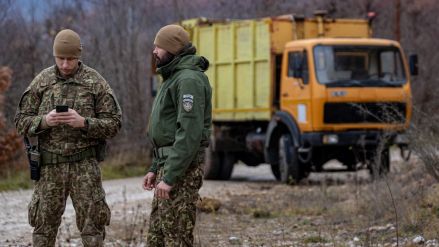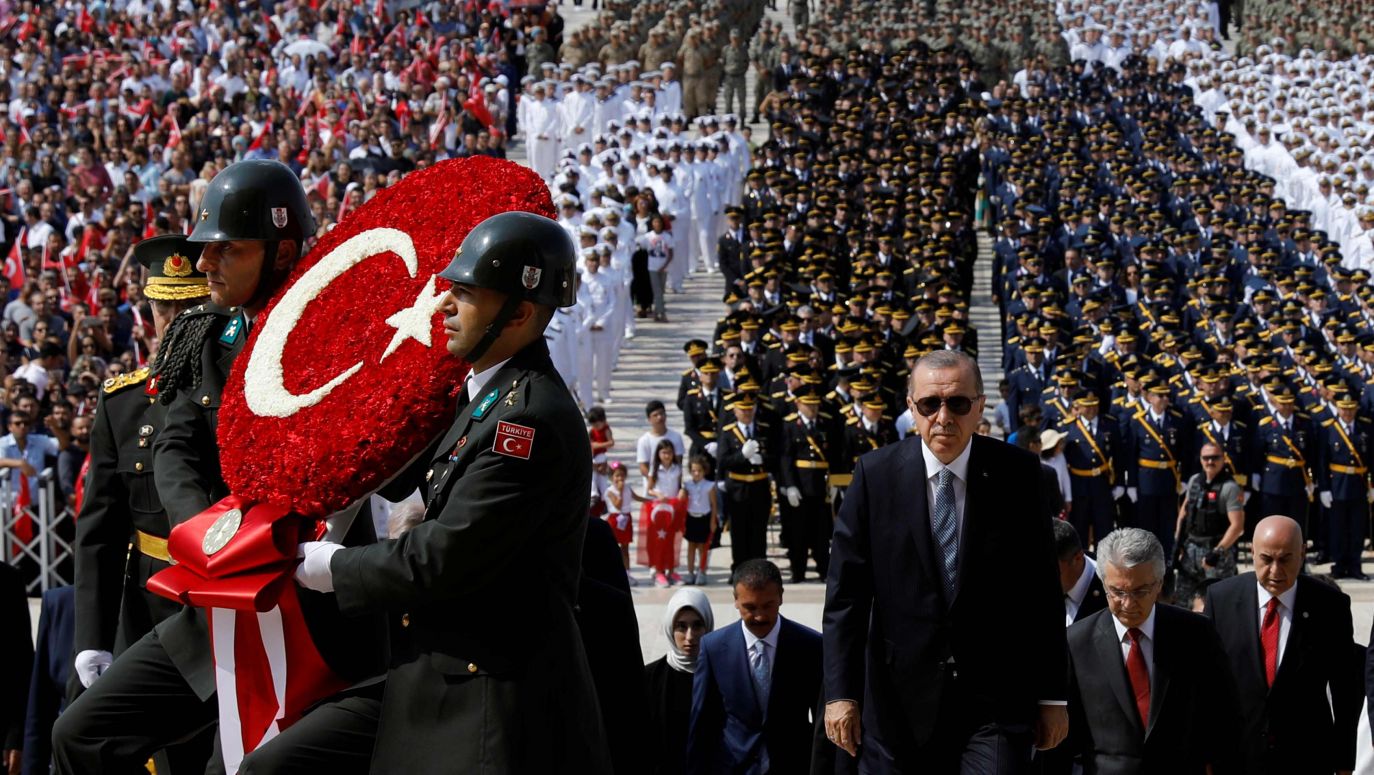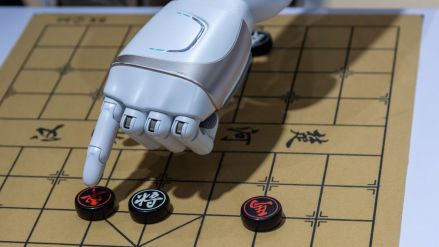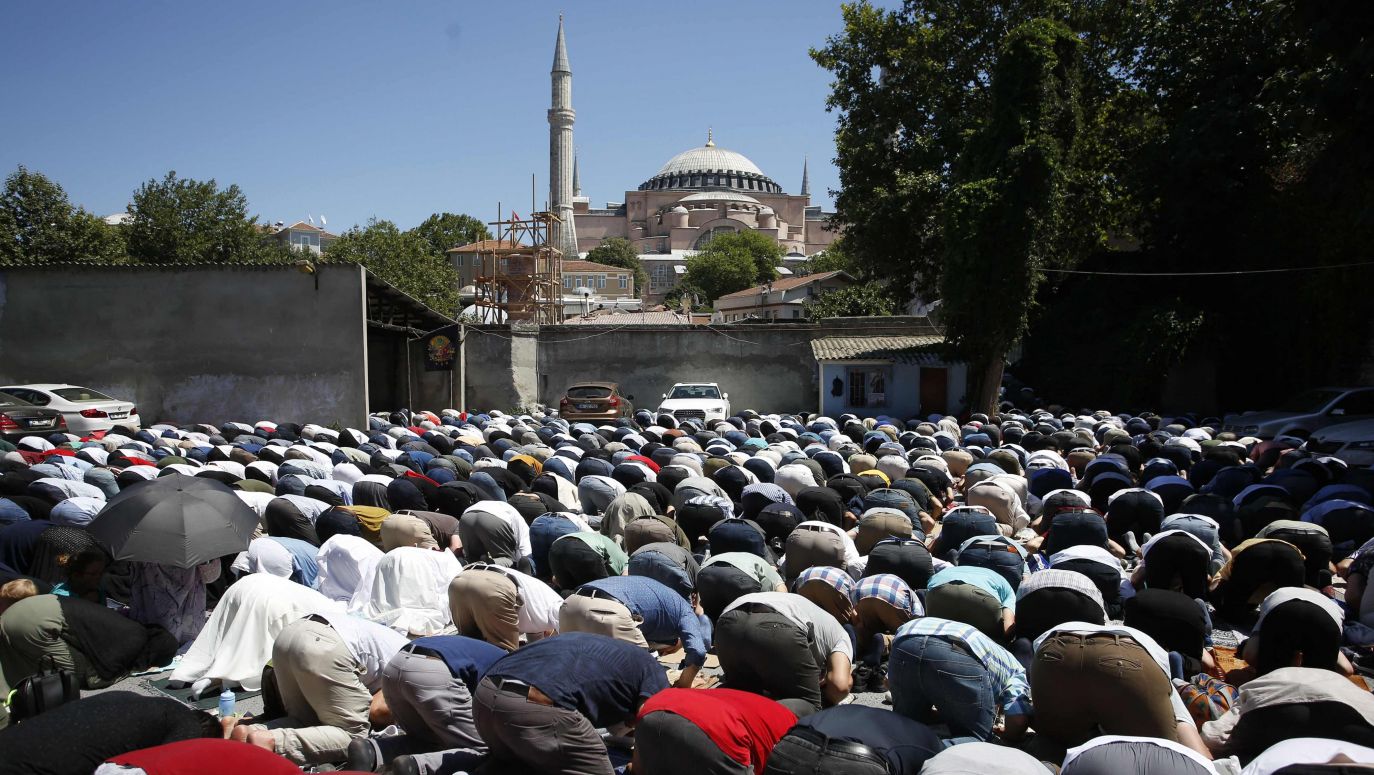2019: The ancient Byzantine Temple of the Holy Wisdom, Hagia Sophia in Istanbul, became a mosque again, as it did in Ottoman times. This is happening with the full approval, and perhaps even with the quiet inspiration of Recep Erdogan, who of course came to the first prayers. During his 20 years of rule, hundreds of mosques have been built in Turkey. On a hill above Istanbul, Turkey’s largest mosque, Camlica, has been erected, with a capacity of 63,000 faithful.
Before centenary celebration
Perhaps the most important milestone for Erdogan, however, would be victory in the presidential election, which is to be held in June. If he remains in office, he will receive all the splendor of the centenary celebrations of the Turkish Republic, which will take place on October 29, the anniversary of its proclamation. A follower of Islam and Islamism who has, to some extent, managed to question the work of its secularist creator, Mustafa Kemal Pasha, the victor of Gallipoli – what a satisfaction! It is obvious and all too evident that Erdogan has long been committed to this and that he desires it very much.
In the first years of his rule, when the Kemalists, thanks to the president, retained some power and still had great influence in society, Recep Erdogan never went so far as to criticize Atatürk. As his power expanded, his respect for the founder of the republic diminished. Erdogan did not always appear at the celebrations because, as he said, it was not necessary, he already called the republic “the work of the two drunkards” (the latter was Ismet Inönü, Kemal’s closest associate), he already transformed the Cankay Atatürk presidential palace into the gigantic White Palace in Ankara, one of the largest buildings in the world.
Republic Day was always Atatürk’s day – when he was alive and participated in the celebrations himself, and when after his death (he died in 1938) only the greatness of his work was honored. The celebrations have been held in front of Atatürk's Mausoleum in Ankara for years. I wonder if Erdogan, confident in his own achievements, would dare to move them to another place – one where you can celebrate the republic, forgetting about its creator. Maybe to Istanbul? Although Istanbul has nothing to do with the founding of the republic or with Kemal’s war for the existence of Turkey, this may be its great advantage.
However, everything depends on the voters, and they are increasingly reluctant. Erdogan is being buried by the recent, tragic earthquake – ineffective, slow rescue operation, but also neglectful construction, which caused many buildings to collapse. However, if for 20 years he has been able to cope with very difficult situations – after the Gezi Park case, after the coup d’état, after corruption suspicions – it is possible that this time he will also perform a miracle. And I’m sure he'll do his best.
– Teresa Stylinska
– Translated by Dominik Szczęsny-Kostanecki
TVP WEEKLY. Editorial team and jornalists
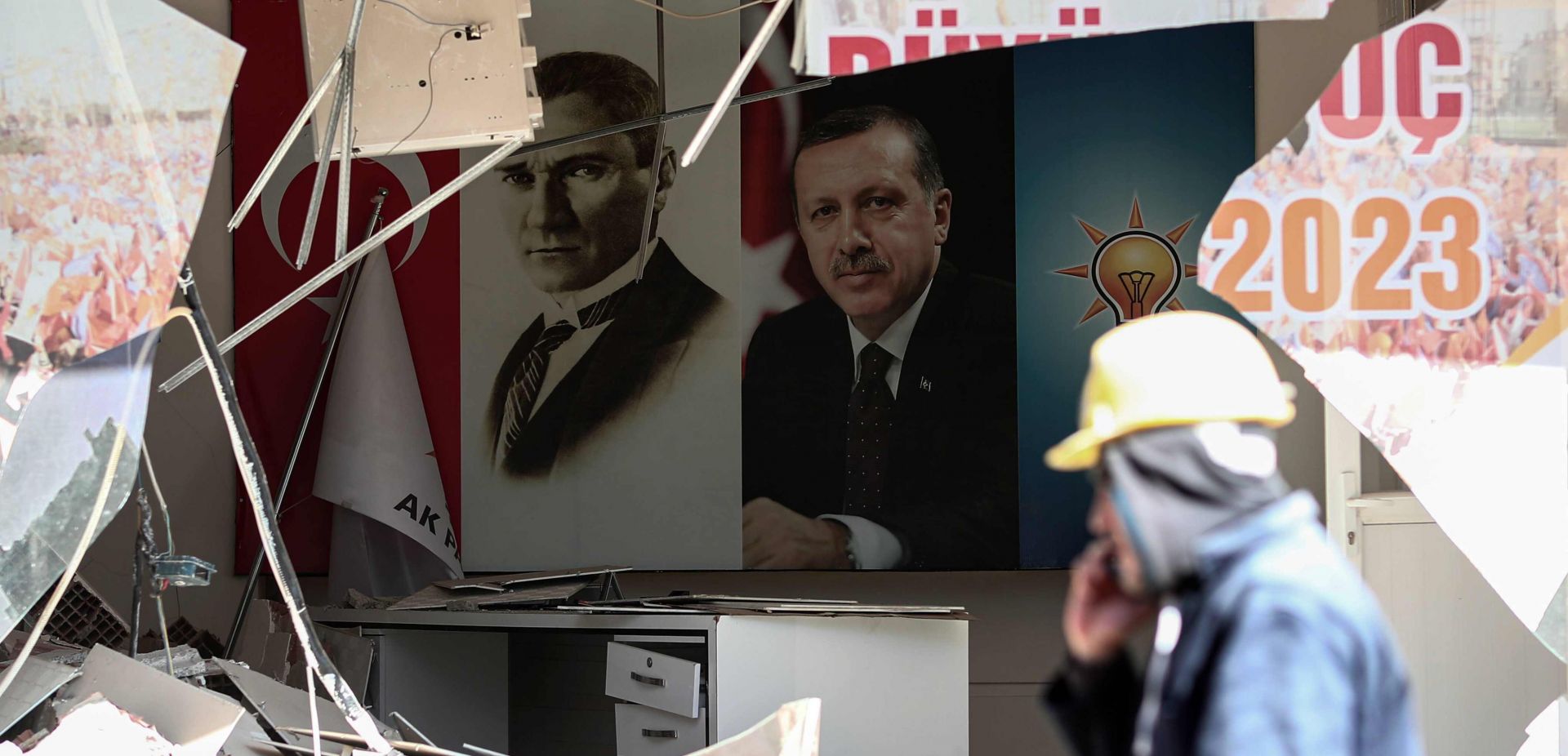
 SIGN UP TO OUR PAGE
SIGN UP TO OUR PAGE
 Or, let’s take Ahmet Davutoglu. He joined Erdogan’s team when AP was already a party of power first as its chief adviser, later – as head of diplomacy, finally – as party leader and prime minister. He was regarded as a strong point of Erdogan’s group. The neo-Ottoman policy of strengthening ties between the countries where the empire once stretched, is his original concept. The rupture came when Erdogan, as head of state began to limit the prime minister’s powers. Davutoglu resigned and several years later formed his own grouping – the Future Party.
Or, let’s take Ahmet Davutoglu. He joined Erdogan’s team when AP was already a party of power first as its chief adviser, later – as head of diplomacy, finally – as party leader and prime minister. He was regarded as a strong point of Erdogan’s group. The neo-Ottoman policy of strengthening ties between the countries where the empire once stretched, is his original concept. The rupture came when Erdogan, as head of state began to limit the prime minister’s powers. Davutoglu resigned and several years later formed his own grouping – the Future Party.